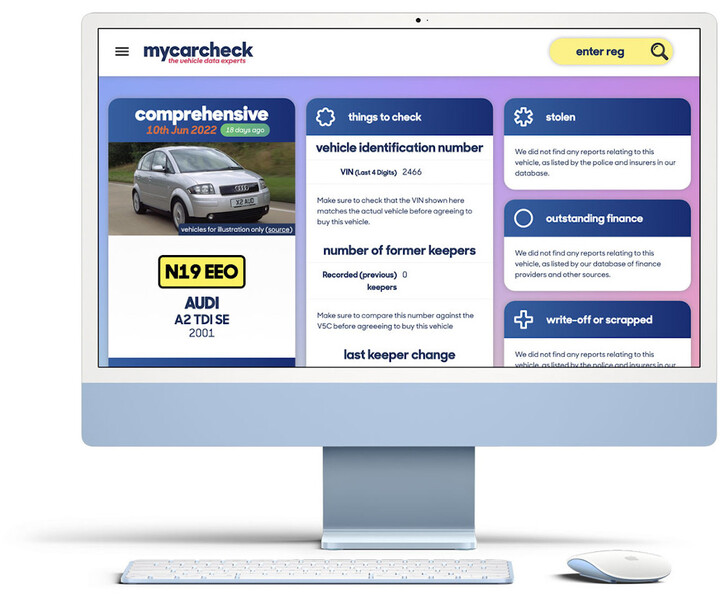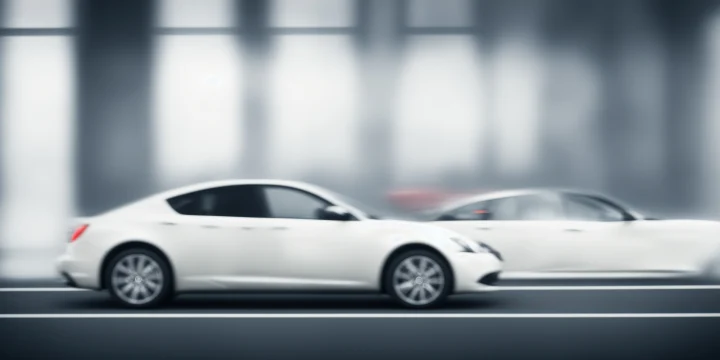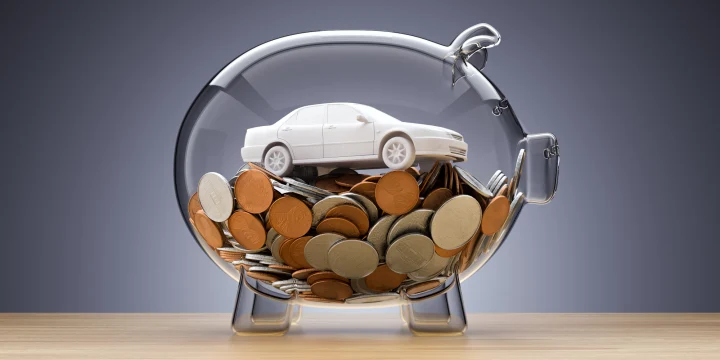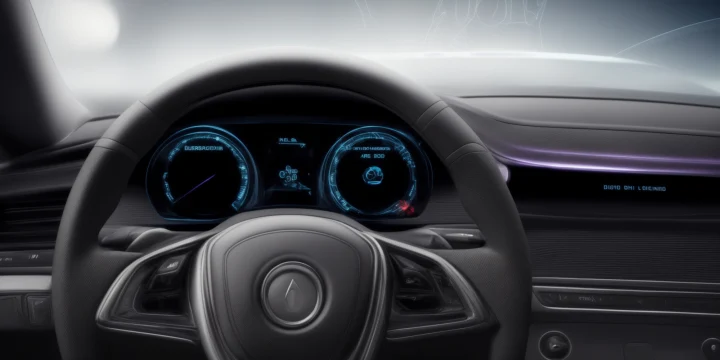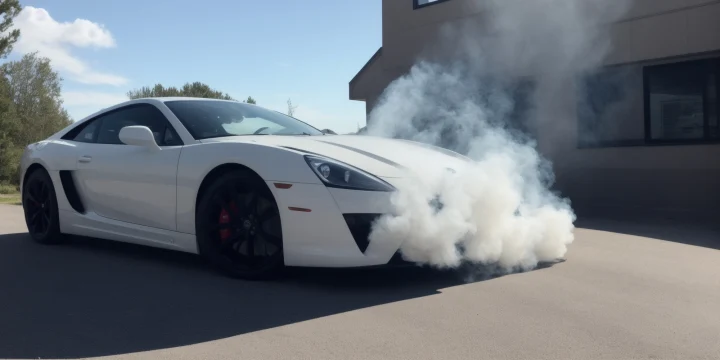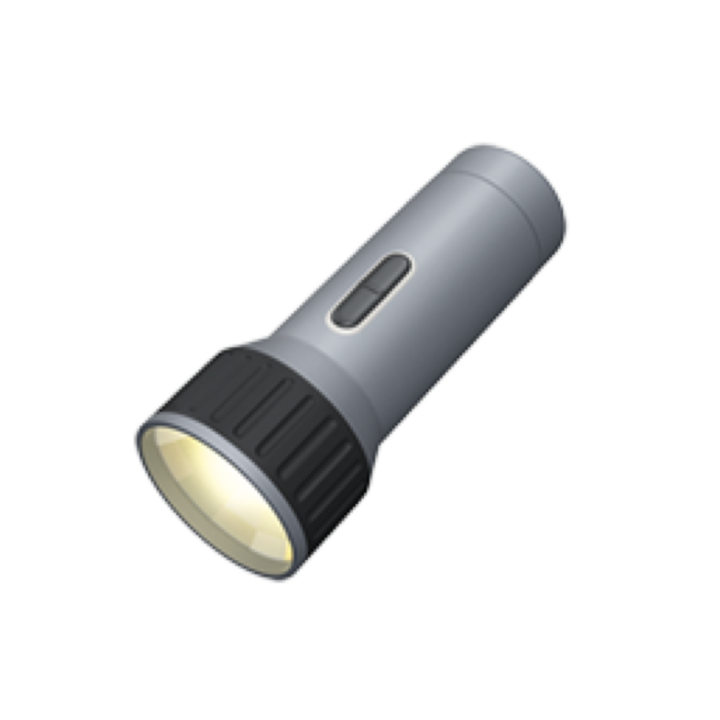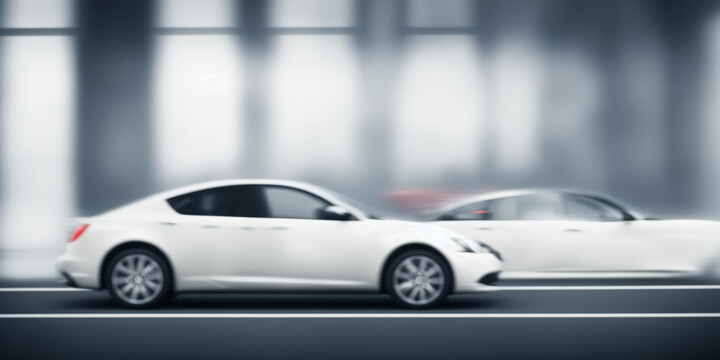
back to the office: commuting tips for returning to your workplace
FREE Car History Check
See MOT history, valuations, detailed specs and more… AND upgrade to see if any vehicle has been stolen, has finance or has been written off from just £4.99
If you've been working from home for the past couple of years but are transitioning back to the office environment, the dreaded commute is probably the thing you missed the most. Being back in the car for two journeys a day can be a tough change from what you've become used to, which is why we've come up with some ways to stay safe and comfortable as you get back to the office.
How can I commute efficiently?
The first thing to consider is how you can get to work in the most efficient way. Firstly, consider whether you even need to use your car! If you live near public transport networks, taking the bus or train can save you time and money - as well as being better for the environment. However, if driving is your only option, be sure to plan ahead and allow plenty of time for your journey. Check traffic reports for any possible delays and make sure you always leave with plenty of fuel in your tank.
It might be that roads and journey times have changed since you last commuted, so don't assume that your usual route is the fastest. Do a trial run before you start commuting regularly to familiarise yourself with any new roads or sections of motorway, and keep an eye out for potential short-cuts that could save you time.
What other tips can I use?
The key to a stress-free commute is being prepared - make sure you have everything you need the night before and set your alarm early so there's no last minute rushing. It also helps to plan for your journey home, as leaving work late can add even more stress onto an already long day.
How can I make my commute better?
No one likes having to sit in traffic for hours! To help make your commute more enjoyable, you can use the time to listen to a podcast, music, or audiobook. There are also several apps available which can provide stress relief during long drives. If you're feeling really ambitious, you could even try carpooling with colleagues or friends - this way you can save money and use the time to chat and catch up with each other.
Some apps that are designed for commuting are:
- Waze: a free navigation app which provides real-time updates on traffic and alternative routes.
- Citymapper: an app that provides public transport directions and timetables from your current location.
- Parkopedia: an app that allows you to quickly find car parks near your destination and compare prices.
Whatever approach you decide to take, the important thing is to plan your journey and be prepared for anything that comes up. Commuting can be stressful - but with the right mindset and some careful planning, it doesn't have to be painful!
What are the safety tips for my commute?
Safety should be your number one priority when commuting, so make sure you obey all speed limits and follow traffic signals. It's also important to keep your eyes on the road at all times, as any distractions (like using a mobile phone or eating food) can lead to serious accidents. Additionally, don't forget to wear your seatbelt and make sure your vehicle is in good working condition. These may seem like obvious tips, but after a long break from commuting, it's important to remember the basics.
How can I reduce my commute fatigue?
Commuting can be tiring, so it's important to make sure you stay comfortable and alert during your journey. Make sure you get enough rest the night before and take regular breaks when possible. It's also a good idea to drink plenty of water, bring breakfast/snacks for long commutes, and avoid eating heavy meals which can leave you feeling sluggish. Taking a few minutes to stretch out your legs, or just letting some fresh air into the car can also help reduce fatigue.
What is the most fuel efficient car for commuting?
If you're looking for the most fuel-efficient car for commuting, there are a few things to consider. Firstly, look at cars with smaller engines and higher fuel efficiency ratings - these usually have the best mileage. You should also make sure to choose a vehicle with low emissions, as this will help reduce your carbon footprint while helping you save money in the long run. Finally, consider the weight of the vehicle - heavier cars tend to be less fuel efficient.
Which car is best for daily drives?
The best car for daily drives will depend on your individual needs. It's important to remember that the most fuel-efficient vehicle isn't always the best option - comfort and safety should also be taken into consideration. Consider factors such as headroom, legroom, interior space, and exterior visibility when making your decision. Look at reviews from other drivers and compare different models to determine which car is best for you.
By following these tips, you'll be able to make your commute back to the office safer and more enjoyable! With a bit of preparation and forethought, you can ensure that your transition back into an office environment is smooth and stress-free. So get ready for a safe and comfortable return to the workplace.
